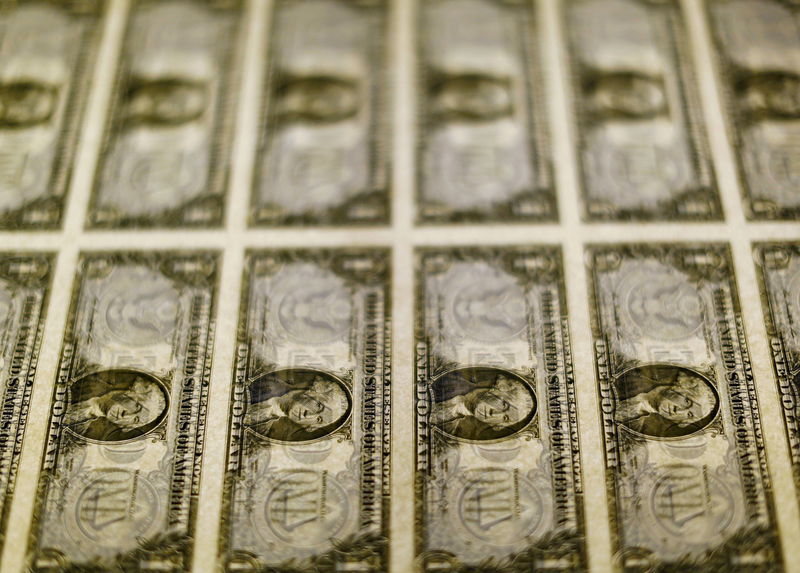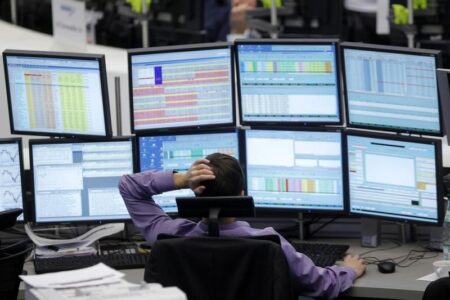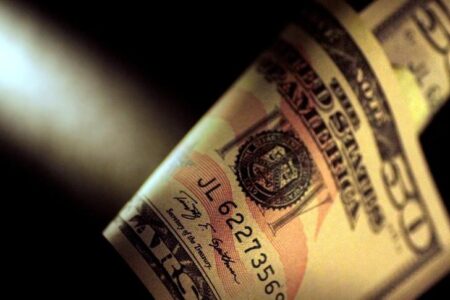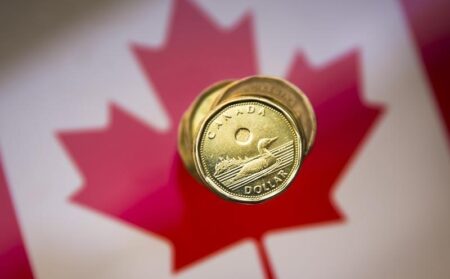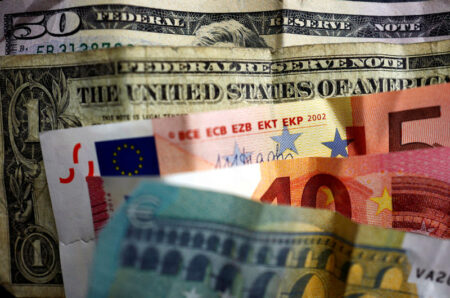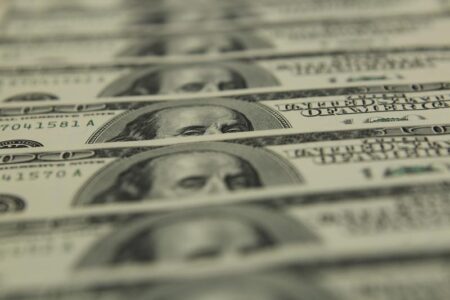Investing.com – The U.S. dollar edged higher in early European trade Friday, rebounding after hefty overnight losses following weak economic data, while the Japanese yen weakened as the Bank of Japan maintained its interest rates at very low levels.
At 01:45 ET (05:45 GMT), the , which tracks the greenback against a basket of six other currencies, traded 0.1% higher to 101.787, after sliding around 0.8% overnight to a new one-month low.
The dollar received a boost earlier in the week when the U.S. forecast at least two more hikes this year, despite pausing its series of rate hikes, as continued to trend above the central bank’s target range.
But a swathe of weak U.S. economic readings, including slowing and sluggish , raised questions over just how much higher the Fed can raise interest rates.
BOJ continues to be ultra-accommodative
rose 0.3% to 140.61, with the yen weakening after the last major central bank meeting of a packed week, with the reiterating its dovish stance that runs counter to hawkish policies taken by peers globally.
The Japanese central bank maintained its -0.1% short-term interest rate target and signaled that it will continue to allow government bond yields to trade within a tight range of 0.5% to negative 0.5%.
Losses for the yen were limited though as expectations of a dovish BOJ had been largely baked in over recent weeks.
“Further USD/JPY strength (possibly driven by carry trade strategies) may well lead Japanese authorities to restart FX intervention, which was deployed around the 145 area last September,” said analysts at ING, in a note.
“We may not be far from the peak in USD/JPY, even though a reversal of the bullish trend may take some time.”
Eurozone inflation data due
fell 0.1% to 1.0939, edging back from the previous session’s one-month high following the rate hike and hawkish forward guidance from the .
ECB President followed up by stating at the subsequent press conference that another rate hike in July was highly likely and that the central bank still has “ground to cover” to stave off high inflation.
With this in mind, the final reading of the May eurozone is due later in the session, and is expected to show that the index came in at 6.1% on an annual basis, a drop from 7.0% the prior month.
However, , which excludes volatile energy and food prices, is likely to prove more difficult to tame, and is seen slipping to 5.3% from 5.6%.
Sterling climbs to one-year high
traded largely flat at 1.2784, after earlier rising to a more than one-year peak on rising expectations that the is likely to raise interest rates for the 13th meeting in a row next week.
The latest of the views of U.K. consumers on inflation and rates is due later in the session, as Britain contends with one of the highest rates among major advanced economies.
“Bank of England rate expectations were marginally scaled back after the Fed meeting, but still imply five 25bp rate increases from current levels before the end of the year,” ING added.
Elsewhere, fell 0.1% to 0.6886, while rose 0.1% to 7.1308, with the yuan remaining near a six-month low versus the dollar after the People’s Bank of China cut lending rates this week in an attempt to boost its flagging economy.
Read the full article here



